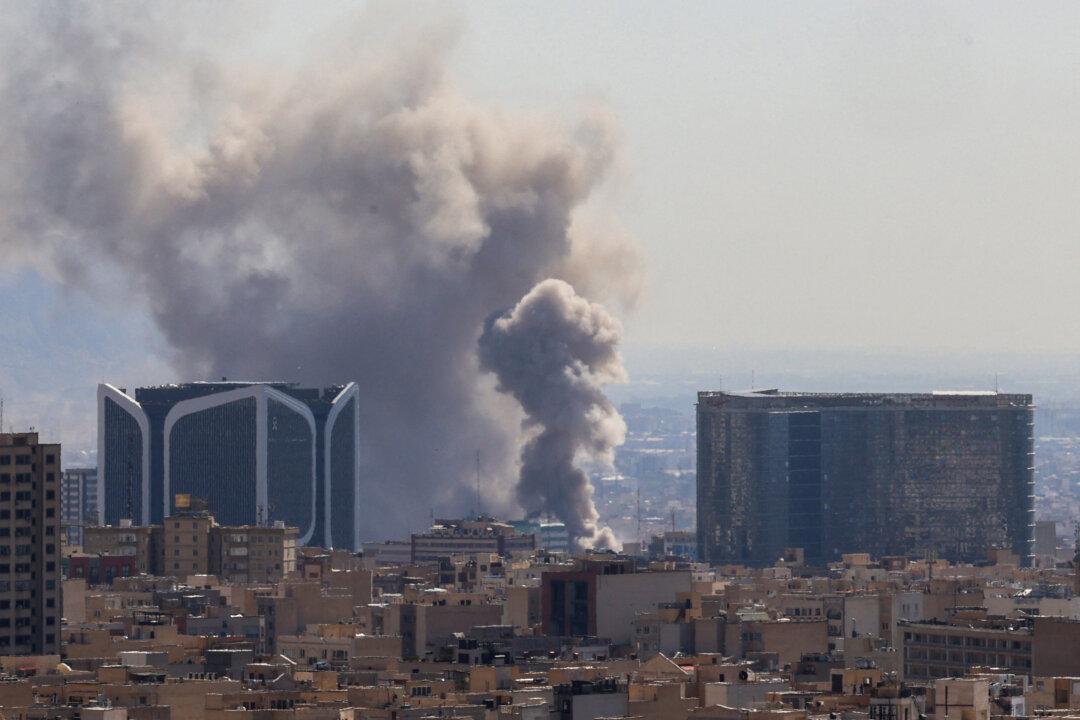Network Rail says “trade union intransigence” is blocking the modernisation of the railways and says the 1,850 job losses it is proposing could be managed through early retirements.
A three-day national train strike by the National Union of Rail, Maritime, and Transport Workers (RMT) trade union is causing chaos for commuters, and much of the country has had no rail service at all, including most of Scotland and Wales and the whole of Cornwall and Dorset.





